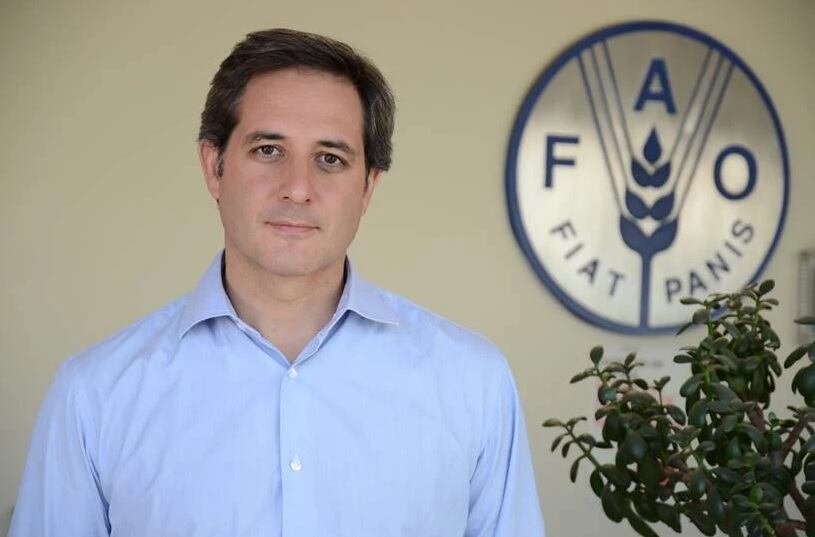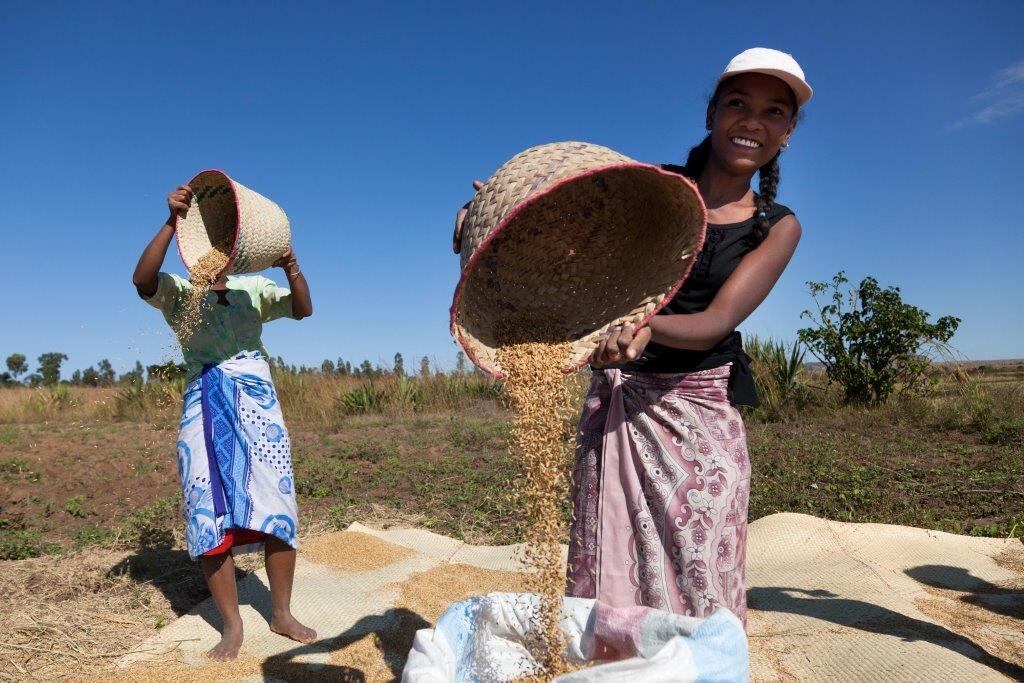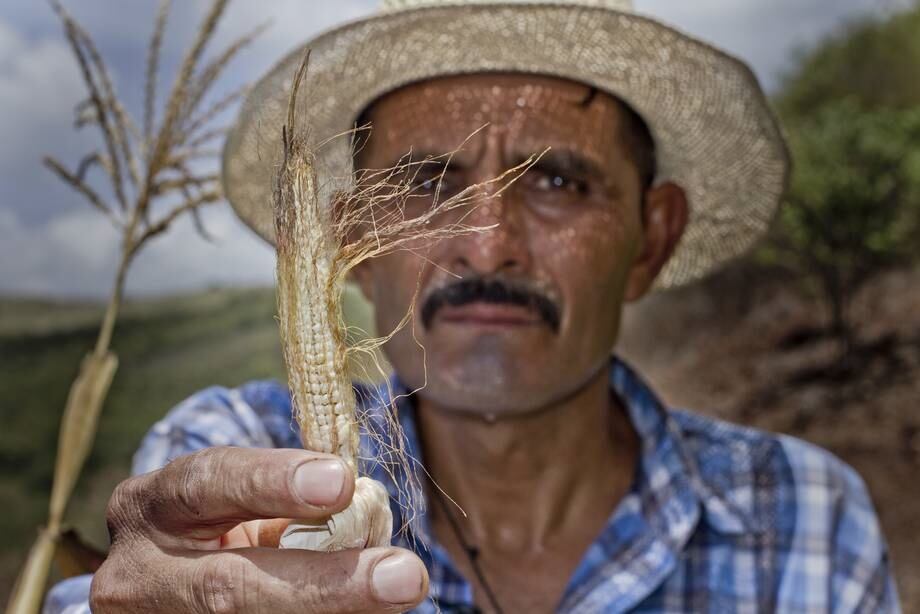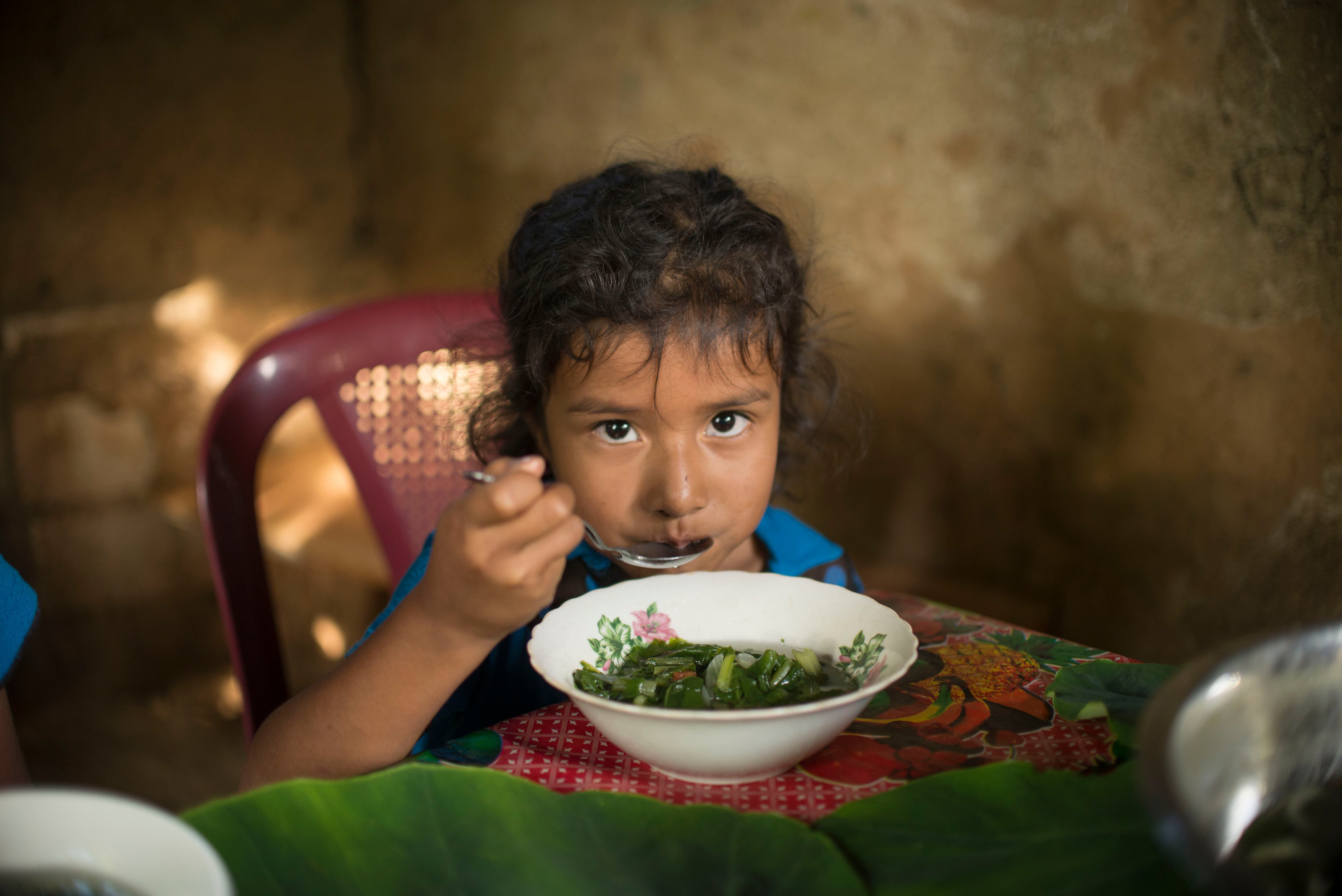In September 2015, the 193 Member States of the United Nations adopted the 17 Sustainable Development Goals of the 2030 Agenda for Sustainable Development. Major goals include ending worldwide poverty and hunger; driving good health and well-being; promoting good education and gender equality; and responsible production and consumption of food and beverages, among others.
Food and agriculture was identified as “key to achieving the entire set of sustainable development goals”, with rural development and agriculture considered “powerful tools” to ending poverty and hunger and bringing about sustainable development.
Food and beverage a 'relevant participant'
Dr Ricardo Rapallo, senior food security and nutrition officer for FAO Latin America and the Caribbean, said the development agenda represented an opportunity for the food and beverage industry to “actively participate in the transformation of food systems”.
“In the following years, the world population will require not only more quantity of food, but also more quality and variety of food, while we develop forms to use natural resources more efficiently. Industry will be determinant in defining the way we will produce, distribute and consume food through innovations and partnerships with other sectors,” Rapallo told FoodNavigator-LATAM.
Asked what industry's key focuses should be for next year, he said there were three topics where food and beverage could be a “relevant participant”:
– Malnutrition
– No-one left behind – reduction of rural poverty and migration
– Sustainable use of natural resources and adaptation to climate change
45% of LATAM suffering malnutrition

Rapallo said around 45% of the population in Latin America and the Caribbean suffered from one or more forms of malnutrition, most commonly hunger; overweight and obesity; and micronutrient deficit. All three forms combined were known as the 'triple burden of malnutrition'.
“The multiple burdens of malnutrition are a result of the transformation of the food systems in the region,” he said. “Such transformation has increased the overall availability of food, including the availability of food that is relatively rich in calories and poor in nutrients. Consequently, hunger and micronutrients deficit have been reduced but not eradicated, and overweight and obesity have increased.”
Whilst rates of undernourishment and undernutrition in children had dropped below 10% in the region and anemia in women of child-bearing age improved since 1990, Rapallo said the food industry had to continue to address hunger and malnutrition by making fresh, diverse and nutritious food more available.
In the short-term, he said industry had a “significant role” to play in curving the rising prevalence of overweight and obesity in both adults and children – 58% in adults and 7% in children under five years – “if it really decides to be a part of the solution”.
It could do this, specifically, through changing the way food and beverages were produced and advertised, he said, as well as reformulating products to reduce sugar, sodium and fat and making these alternatives more widely available.
Rapallo said it was also important to be part of “dialogue platforms where the most relevant stakeholders in the food systems (producers, traders, industry, consumers, government etc.) can discuss transparently and in a fair way alternatives to promote sustainable and healthier food systems”.
Mario Montero, president of Latin America's ALAIAB umbrella trade association, recently described 2018 as a “historical” year for industry, thanks to its level of participation in high-level, international consultations and events around nutrition, sustainability and productivity.
One-quarter of rural population in 'extreme poverty'

Rapallo said beyond malnutrition, rural poverty remained “one of the main challenges in the region”, with almost half of Latin America and the Caribbean's rural population living in poverty and one-quarter in extreme poverty.
“Many of the population living in rural areas still rely on agriculture to produce their own food or generate income to cover their household’s needs,” he said. But, industry could contribute to rural transformation, including incorporating more small farmers and agricultural workers into the wider value chain.
It was also be important to address the associated issue of migration, he said, by including women and youth into farm and off-farm economic activities. “In fact, activities such as food elaboration and packaging are becoming increasingly relevant in semi-rural and semi-urban areas because these locations allow industry to reduce production cost and offer rural workers an alternative to farm income. This also gives workers an alternative to migration,” he said. “...The three pillars of sustainability – economic, social and environmental – can be guaranteed only if no-one in the population is left behind, which is the spirit embedded in the 2030 Agenda.”
Overcoming climate change challenges
Rapallo said another issue that had to be collectively addressed by the food and beverage industry in Latin America and the Caribbean was overcoming challenges presented by climate change - the depletion of natural resources and increased frequency of climate change-related natural disasters, for example, which put at risk being able to produce enough food to feed a growing population.
“The food industry can be key to guaranteeing the sustainable use of natural resources. It can adopt sustainability criteria to give priority to products that meet environmental and social standards or introduce logistical or technological innovations that improve efficiency and reduce food losses and waste along the food supply chain,” he said.
One option, for example, would be to develop and implement certification and environmental labels that encouraged local development. Industry could also promote actions that favor the reconversion towards sustainable or agro-ecological production systems over those that make an intense use of agrochemicals and harm the environment and the ecosystems.
Ming Liu, executive director of Organis – Brazil's natural and organic trade association – recently said this was a key concern for its members moving into 2019.


